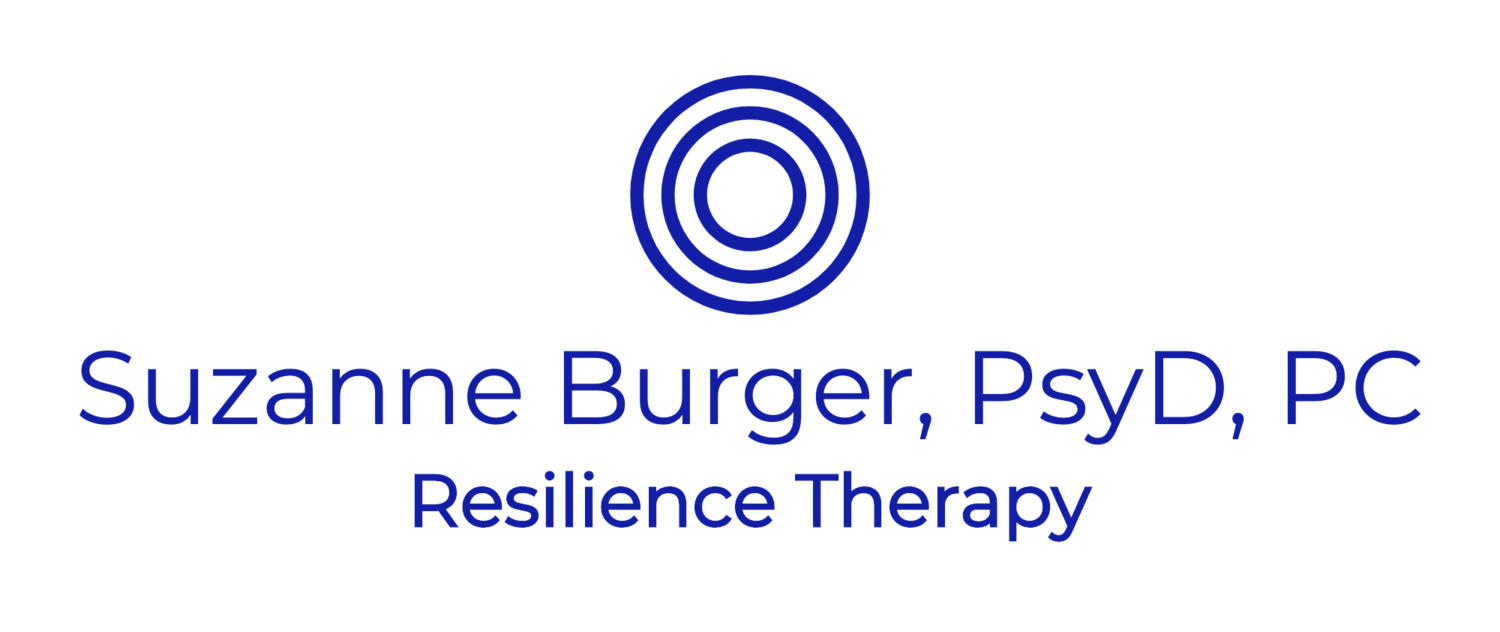“Not everything that is faced can be changed, but nothing can be changed until it is faced. ”
When we first meet, I will take some time to get to know your main concerns and goals for therapy. Some clients enter my office seeking relief from distress while others are primarily looking for emotional support, greater insight, behavioral change, or new coping skills. Of course, it’s common to have more than one objective. Nonetheless, it’s important for me to help you identify and set intentions for our work together.
My emphasis is embedded in a wellness model. That is, I believe in everyone’s capacity to access and build on resiliency and personal resources. While I empathically affirm each individual's experience, I also challenge him or her to recognize and take responsibility for his/her role in maintaining negative patterns and to develop new approaches. My goal is to help you deepen your access to your core strengths and use them more effectively in dealing with challenges. Very often the first step is to help my clients grow greater self-compassion. At the same time I encourage clients to develop goals for therapy and then articulate a strategy to realize the stated goals. As paradoxical as it may sound, the more you can begin to offer yourself compassion and acceptance, the more likely you will be there to encourage yourself to make critical changes and take on new challenges.
Given my training in psychodynamic psychotherapy, with its focus is the critical role of early attachment experiences and their contribution to emotional, social and behavioral challenges later in life, I place a good deal of emphasis on the quality of the relationship I form with my clients. While offering compassion, curiosity and connection, I maintain clear and professional boundaries that enable clients to build trust and ease. The testimonials available on sites reviewing healthcare providers, such as healthgrades.com, have described me as: “very warm and engaging,” “insightful, attentive, caring and intentional in her treatment,” and “completely professional caring and non-judgmental.”


